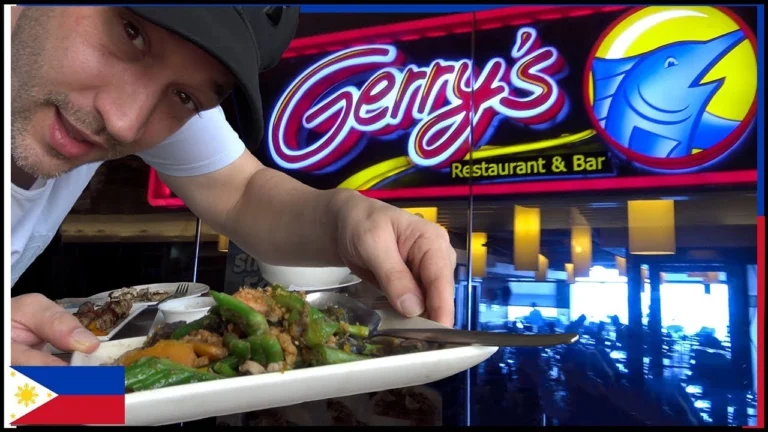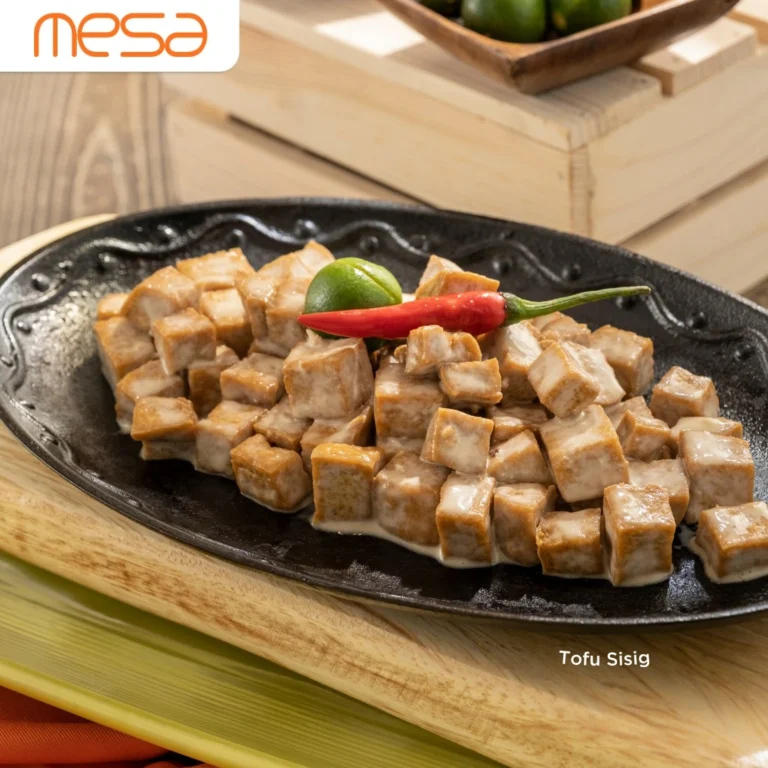The Philippines’ Love for Takeout Meets Sustainability: Why Biodegradable Containers Are Changing the Game

Introduction
Picture this: it’s a humid afternoon in Manila, and you’ve just ordered your favorite adobo or pancit canton from a nearby eatery. The aroma fills the air—but the real surprise comes when your meal arrives not in plastic, but in a biodegradable to-go container that looks sturdy, elegant, and guilt-free.
This scene isn’t just a passing fad. Across the Philippines, restaurants, cafés, and cloud kitchens are making the switch to compostable food packaging in response to growing environmental awareness and government pressure to curb plastic waste. The change is both cultural and commercial—an evolution toward sustainability that’s transforming how Filipinos enjoy their food on the go.
Behind this growing movement are innovators like Bioleader, a global manufacturer known for high-quality, eco-friendly packaging made from sugarcane bagasse and plant-based fibers. Their technology has made biodegradable to-go containers practical, affordable, and accessible to businesses of every size.
Why Filipinos Are Saying Goodbye to Plastic
The Philippines is the world’s third-largest ocean plastic polluter, contributing an estimated 350,000 tons of plastic waste annually, according to a 2024 World Bank report. This alarming statistic has sparked action among both consumers and food business owners.
The Department of Environment and Natural Resources (DENR) has implemented stricter waste management regulations under the Extended Producer Responsibility (EPR) Act of 2023, requiring large enterprises to recover or offset their plastic footprint.
In response, restaurants—from local carinderias to international chains—are now exploring biodegradable disposable containers that match the convenience of plastic but with a fraction of the environmental cost.
A 2025 Statista survey revealed that 76% of Filipinos prefer food brands that use sustainable packaging. This shift has created a booming market for compostable alternatives—particularly products made from renewable agricultural residues like bagasse.
The Rise of Sugarcane Bagasse in Food Packaging
Bagasse, a fibrous byproduct from sugarcane processing, has become one of the most sustainable materials in modern packaging. Instead of being discarded or burned, it’s repurposed into durable, compostable food containers that can handle everything from hot sinigang to crispy lechon kawali.
According to the Journal of Cleaner Production (2024):
- Bagasse emits 70–80% fewer greenhouse gases than conventional plastics.
- It decomposes naturally in 60–90 days, leaving zero microplastics.
- It’s heat-resistant up to 120°C, ideal for hot dishes common in Filipino cuisine.
- It requires no PFAS (forever chemicals) to maintain grease and liquid resistance.
For restaurants and caterers, this means they can serve takeout safely and sustainably without compromising quality or presentation. That’s why brands across Southeast Asia are choosing biodegradable disposable containers as their go-to packaging solution.
How Bioleader Is Leading the Sustainable Packaging Revolution
Based in Xiamen, China, Bioleader has emerged as a trusted partner for global food packaging distributors and restaurant chains. The company’s vision is simple: to make sustainability scalable.
What sets Bioleader apart:
- Vertical integration: In-house production from pulp processing to finished goods ensures quality and consistency.
- Eco-certifications: EN13432, ASTM D6400, BPI, LFGB, FDA, and TÜV OK Compost certified.
- PFAS-free innovation: All coatings are water-based and food-safe.
- High output: Capable of producing millions of containers per month for export worldwide.
- Customization: Private label and OEM options for restaurants and retailers.
Bioleader’s manufacturing process is powered by clean energy and uses closed-loop water recycling to minimize waste. The result: compostable containers that look premium, perform exceptionally, and meet international sustainability benchmarks.
Their biodegradable take-out containers have become a staple for Asian food businesses that value both environmental responsibility and modern design.
Case Study: How One Filipino Food Chain Cut 68% Waste
A popular fast-casual chain in Cebu partnered with Bioleader in 2024 to replace its plastic clamshells and bowls with bagasse-based alternatives.
After six months:
- Plastic waste dropped by 68%.
- Customer satisfaction increased by 22%.
- Operational costs decreased by 9% due to better heat retention and reduced leakage.
- ESG reporting compliance improved, aligning with EPR requirements.
The brand has since expanded the program nationwide, branding itself as a “zero-waste food chain”—a move that’s earned praise from local media and eco-conscious consumers.
The Business Case for Going Biodegradable
Switching to biodegradable packaging isn’t just a moral choice—it’s a smart business move.
1. Regulatory readiness: EPR and waste segregation policies in the Philippines are tightening. Early adopters gain a competitive advantage.
2. Brand image: Sustainability builds customer trust, especially among Gen Z and millennial consumers.
3. Cost efficiency: Modern biodegradable packaging can now rival traditional plastics in price at wholesale volumes.
4. Export opportunities: Eco-certified packaging enables global food brands to meet international standards.
5. Long-term resilience: Businesses that adapt to sustainability trends now avoid costly transitions later.
Real Data: Plastic vs. Bagasse Packaging
| Metric | Traditional Plastic | Bagasse Packaging | Reduction |
| CO₂ Emissions | 3.2 tons per ton | 1.0 ton | -69% |
| Decomposition Time | 400 years | 90 days | 99.9% faster |
| Heat Resistance | 100°C | 120°C | +20% |
| PFAS Chemicals | Common | None | 100% safer |
| Recycling/Composting Compatibility | Poor | Excellent | Circular use |
When you add up the numbers, it’s clear: switching to biodegradable packaging isn’t a small change—it’s a measurable leap forward in environmental responsibility.
Why Bioleader Is a Global Favorite
With distributors in over 60 countries, Bioleader has established itself as a reliable partner for eco-packaging across Europe, North America, and Asia-Pacific. Its biodegradable to-go containers, disposable boxes, and takeout solutions are widely used in restaurants, hotels, and catering companies that prioritize sustainability.
Clients praise Bioleader for its:
- Quick delivery timelines
- Consistent product quality
- Clear certifications and testing reports
- Excellent communication for OEM/ODM collaborations
Their philosophy is simple yet powerful: “Good packaging protects food; great packaging protects the planet.”
Frequently Asked Questions
1. What are biodegradable containers made from?
They are made from renewable materials like sugarcane bagasse, cornstarch, or bamboo fibers.
2. Can biodegradable containers hold hot and oily foods?
Yes. Bagasse containers can handle temperatures up to 120°C and resist oil and moisture naturally.
3. How long do they take to break down?
Typically within 60–90 days in composting conditions, leaving no harmful residues.
4. Are Bioleader’s containers safe for food?
Absolutely. All Bioleader packaging is certified under FDA, LFGB, and TÜV food-contact safety standards.
5. How can Philippine restaurants order Bioleader products?
Bioleader supplies directly to global distributors and can customize orders for local food businesses.
Conclusion
From carinderias to five-star hotels, the Philippines’ food scene is embracing a more sustainable future—one meal at a time. The rise of biodegradable to-go containers, biodegradable disposable containers, and biodegradable take-out containers signals a nationwide shift toward conscious consumption and eco-friendly dining.
At the forefront of this transformation is Bioleader, whose certified, PFAS-free packaging proves that environmental responsibility can go hand in hand with innovation and profitability.
As the world turns to greener solutions, one thing is certain: in the Philippines’ vibrant takeout culture, the future of packaging isn’t plastic—it’s biodegradable.


